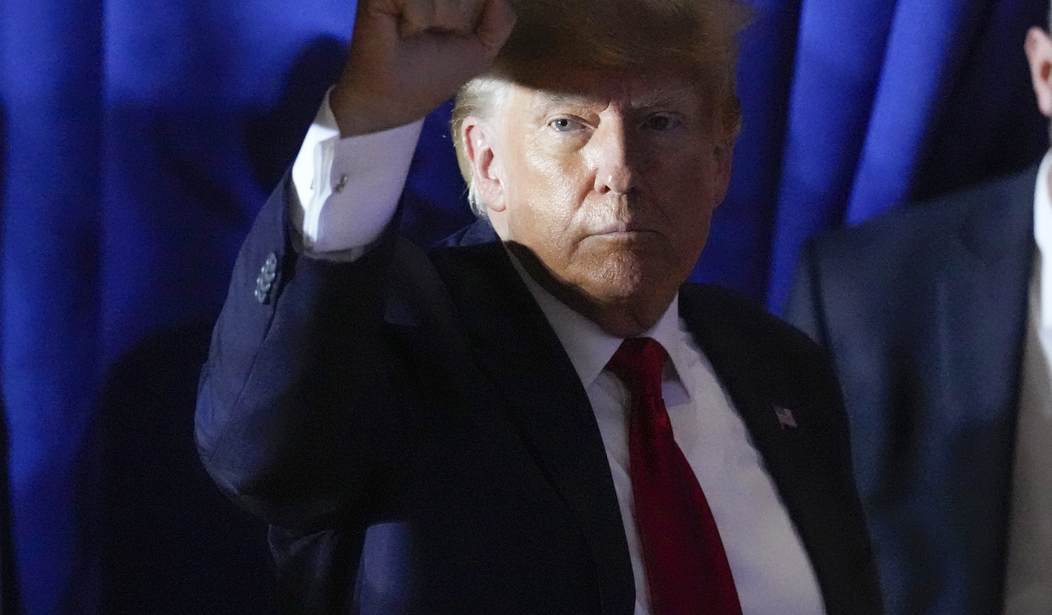A federal jury on Tuesday found former President Donald Trump liable of battery and defamation against writer E. Jean Carroll but rejected her claim that he raped her. He was ordered to pay over $5 million in damages.
In finding Trump liable for battery, the jury awarded Carroll $2 million in compensatory damages, along with $20,000 in punitive damages. For the defamation claim, the jury awarded her $2.7 million in compensatory damages and an additional $280,000 for punitive damages, finding that Trump had acted “maliciously, out of hatred, ill will, spite or wanton, reckless, or willful disregard of the rights of another” when he accused her of inventing the story.
The jury deliberated for only three hours before reaching a decision, which was announced in court shortly after 3 p.m. ET on Tuesday. The trial centered around Carroll’s allegations that Trump sexually assaulted her in the mid-1990s, and she was seeking compensatory and punitive damages.
While Trump could not be prosecuted for the alleged rape due to the statute of limitations, Carroll pursued a civil claim under a New York state law passed in 2022 that gave a one-year window for lawsuits alleging sexual assaults that would typically have been prohibited due to the statute of limitations. The jury, consisting of six men and three women, was tasked with deciding if Carroll’s claims of battery and defamation were proven and if damages should be awarded.
In the trial, portions of Trump’s deposition were played for the jury, and witnesses testified that Carroll had confided in them about the alleged rape shortly after it occurred. Two other women also testified that Trump had kissed and groped them without consent in separate incidents. The jury considered whether Carroll proved her claims by a preponderance of the evidence or by clear and convincing evidence, which is a lower burden of proof than in criminal cases.
For the battery claim, the jury was tasked with deciding whether Trump raped Carroll, sexually abused her, or forcibly touched her, and whether she was injured as a result. On the defamation claim, the jury assessed whether Trump’s statement was defamatory, false, and made with actual malice and then decide if monetary damages should be awarded.
U.S. District Judge Lewis A. Kaplan read instructions on the law to the nine-person jury before the panel began discussing Carroll’s allegations of battery and defamation shortly before noon.
Kaplan told jurors that the first question on the verdict form was to decide whether they think there is more than a 50% chance that Trump raped Carroll inside a store dressing room. If they answered yes, they would then decide whether compensatory and punitive damages should be awarded.
If they answered no on the rape question, they could then decide if Trump subjected her to lesser forms of assault involving sexual contact without her consent or forcible touching to degrade her or gratify his sexual desire. If they answered yes on either of those questions, they will decide if damages are appropriate.
On defamation claims stemming from a statement Trump made on social media last October, Kaplan said jurors needed to be guided by a higher legal standard — clear and convincing evidence.
He said they would have to agree it was “highly probable” that Trump’s statement was false and was made maliciously with deliberate intent to injure or out of hatred or ill will with reckless disregard for Carroll’s rights.
Trump did not appear at the trial, as defendants in civil cases are not required to attend or testify. Carroll’s attorneys presented Trump’s absence as a sign of culpability, while Trump’s attorney argued that his client’s denials had already been made in a video deposition played during the trial.
In a post on Truth Social, Trump wrote:
I HAVE ABSOLUTELY NO IDEA WHO THIS WOMAN IS. THIS VERDICT IS A DISGRACE – A CONTINUATION OF THE GREATEST WITCH HUNT OF ALL TIME!
Trump’s legal team challenged the credibility of the witnesses and accused Carroll of fabricating her rape allegations. Expert witnesses testified about the impact of Trump’s denial statements on Carroll’s reputation and estimated that millions of people were likely influenced by Trump’s denial. However, the analysis did not consider any damage done to Trump by Carroll’s statements against him.
Trump’s attorneys told NPR in an email that Trump intends to appeal.
Editor’s Note: This article has been updated for clarity.













Join the conversation as a VIP Member